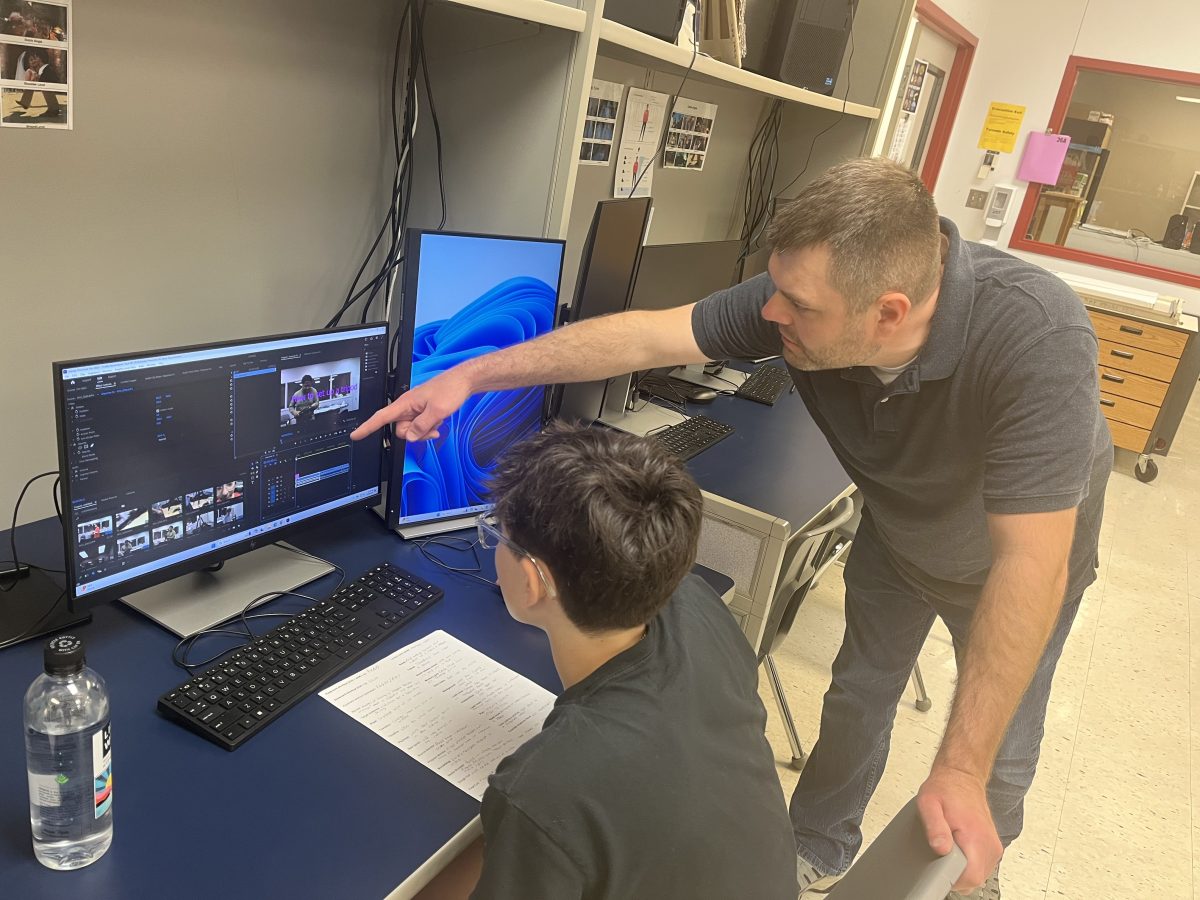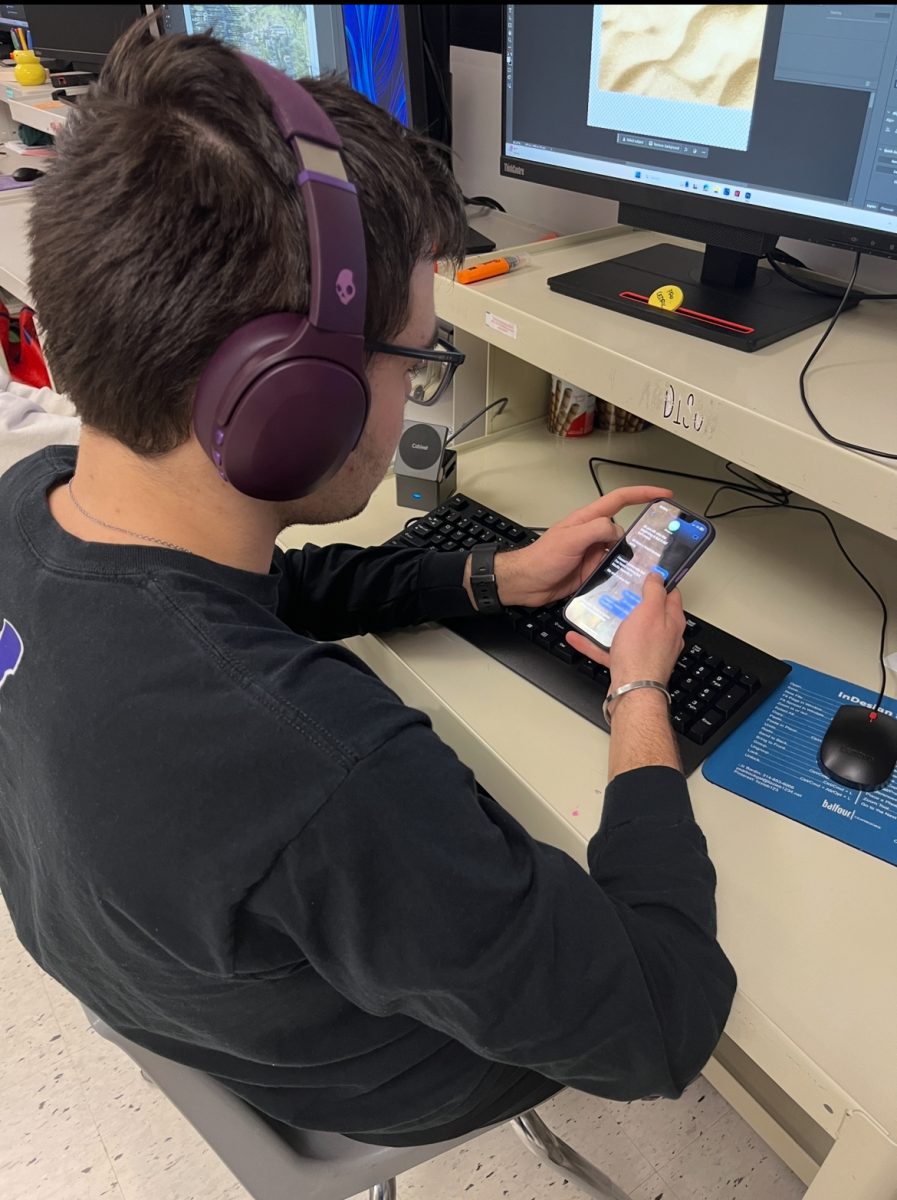The generation born from 1997-2012, also known as Generation Z is unprecedented in many ways. From growing up through global crises such as COVID-19, global warming and economic turmoil, to their remarkable prowess in rapidly changing technology, this age group has developed a unique perspective on today’s world. Through their heightened awareness of social issues, courage to speak up and strong sense of community, Generation Z not only proves their incredible capacity for empathy, but also reinvents the way they practice it.
One of the biggest catalysts for Generation Z’s compassion is social media and the internet. Growing up in a connected world, this young generation is constantly consuming information about worldwide events and injustices. Furthermore, they are more receptive to a nearly limitless amount of perspectives and experiences different from their own. Being raised with this exposure has fostered a sense of tolerance and understanding towards people of different backgrounds, identities and cultures.
Not only is Generation Z incredibly understanding and connected, but they are also unafraid to speak up about injustice. A study conducted by research firm Edelman showed that 70% of Generation Z is involved in a social or political cause, and they are also the most likely age group to boycott. Though not every one of them are a fully-fledged activist with the internet at their fingertips, they still make a difference by creating and signing online petitions, posting to spread awareness for issues and sending donations to organizations. The young generation could have done practically anything with the internet, and yet their compassion has urged them to make a difference, according to edelman.com.
Despite these steps towards change, some could argue that there are larger steps taken backward with the generation’s tendencies of bullying and narcissism. For instance, social media has trained young people to obsess over their self-image and criticize anything that does not fit the social standard. This trend could be causing an increase in apathy, where people are so focused on themselves that they do not show compassion to their peers.
However, this is simply not the case. Though bullying is still present, it has significantly decreased as time goes on. In fact, 38% of Generation Z adults reported being bullied, while older groups such as Millennials reported that 50% were bullied. This is very likely due to Generation Z being raised in an environment where diversity is celebrated and the importance of emotional well-being is constantly stressed. As a result, they are more attuned to the emotions of others, and are more willing to lend a helping hand, according to americansurveycenter.org.
Generation Z’s digital fluency and connection makes them unrivaled in their ability to show their compassion. Through the internet, they redraw the boundaries of how they make a difference while practicing their empathy and are sure to have a lasting impact on generations to come.

































